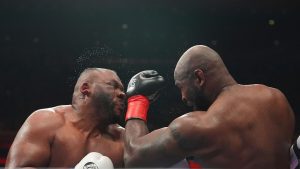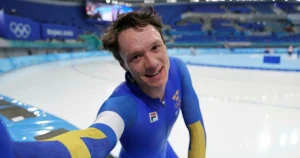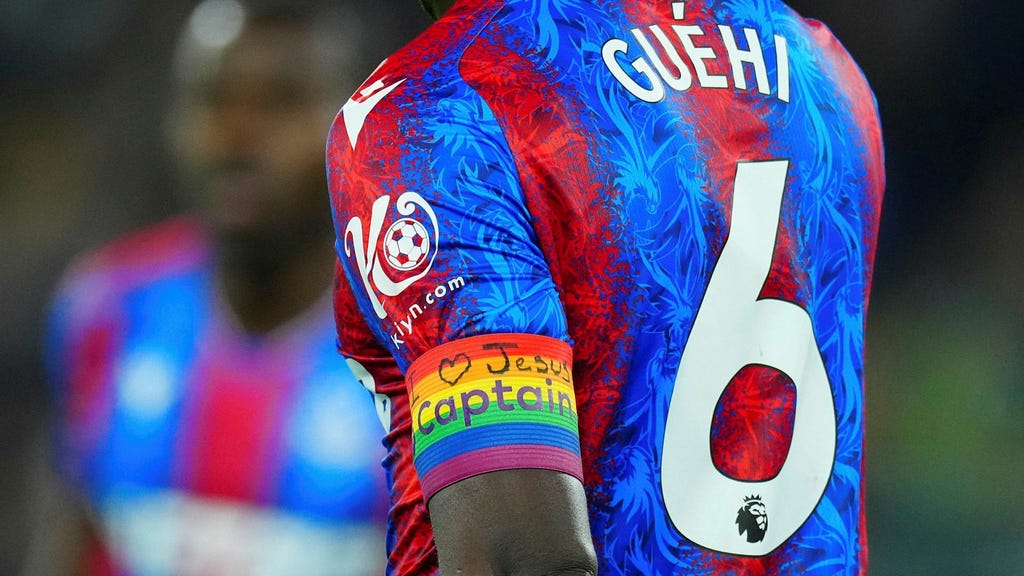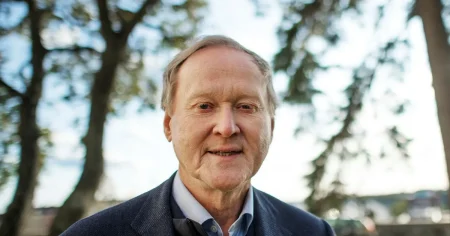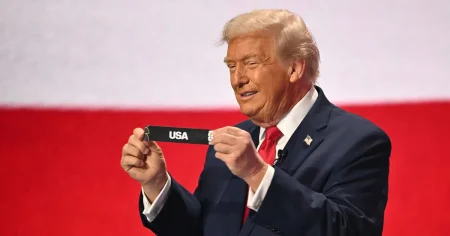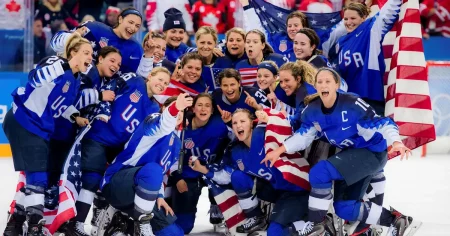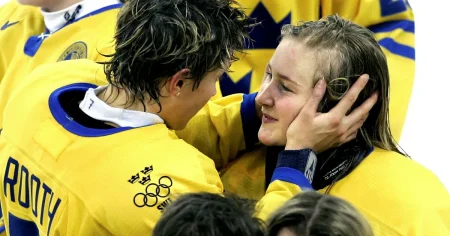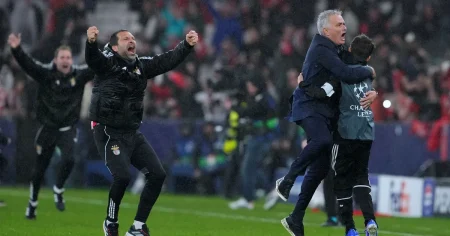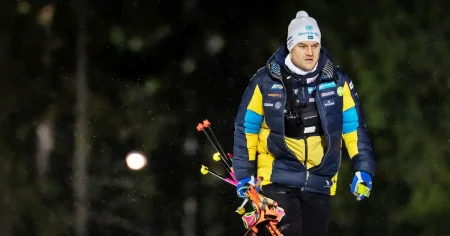The recent Premier League weekend witnessed a symbolic gesture of support for LGBTQI+ rights as team captains donned rainbow armbands. This initiative, designed to promote inclusivity and raise awareness within the football community, became a canvas for diverse expressions of belief and identity. While most captains embraced the standard rainbow design, variations emerged, reflecting the complex interplay between social activism and personal convictions. This divergence sparked discussions on the scope of allyship and the potential for individual interpretations within collective demonstrations. The initiative, while broadly welcomed, also highlighted the challenges of navigating potentially conflicting values and the ongoing need for open dialogue surrounding issues of inclusivity and representation in sports.
Ipswich Town captain Sam Morsy’s decision to abstain from wearing the rainbow armband drew attention to the intersection of faith and allyship. Citing his religious beliefs, Morsy’s choice sparked a debate on the boundaries of individual expression within team-wide initiatives. While some criticized his decision as a missed opportunity to demonstrate solidarity, others emphasized the importance of respecting diverse perspectives and acknowledging the complexities of reconciling personal convictions with public demonstrations. Morsy’s stance underscored the nuanced nature of allyship, highlighting that support for social causes can manifest in various forms beyond symbolic displays. It also raised important questions about how to foster inclusive environments within sports that accommodate a range of beliefs while still promoting core values of equality and respect.
In contrast to Morsy’s abstention, Crystal Palace captain Marc Guéhi opted for a personalized version of the rainbow armband, incorporating the message ”I love Jesus.” This adaptation generated varied reactions, with some interpreting it as an attempt to reconcile his faith with his support for LGBTQI+ rights, while others viewed it as a dilution of the original message or even a contradictory statement. Guéhi’s approach highlighted the potential for individual interpretations to reshape the meaning of collective actions and the complexities of balancing personal expressions of faith within broader social movements. His customized armband became a focal point for discussions about the intersection of religious belief and LGBTQI+ allyship, raising questions about the potential for reconciling seemingly disparate viewpoints.
The divergent approaches of Morsy and Guéhi underscore the multifaceted nature of allyship and the challenges of navigating potentially conflicting values within a team setting. While the rainbow armband was intended to serve as a unifying symbol of support for LGBTQI+ rights, the individual responses demonstrated the diverse ways in which individuals can engage with such initiatives. These varied expressions underscore the importance of creating space for dialogue and understanding, recognizing that allyship is not a monolithic concept and that genuine support can manifest in different ways. Furthermore, the captains’ choices highlighted the delicate balance between promoting inclusivity and respecting individual freedoms of expression, particularly in contexts where religious beliefs and social activism intersect.
The broader context of these individual choices is the ongoing conversation surrounding inclusivity and representation within the world of professional football. The Premier League’s initiative to promote LGBTQI+ rights through the rainbow armband campaign reflects a growing awareness of the need to create a more welcoming and accepting environment for all members of the football community. While symbolic gestures like wearing armbands are important steps towards raising awareness, the diverse responses they elicit highlight the continued need for deeper engagement with issues of diversity and inclusion. It is crucial to move beyond symbolic displays and address the underlying systemic issues that contribute to discrimination and marginalization.
Moving forward, it is essential for football organizations, players, and fans alike to engage in open and respectful dialogues about the complexities of allyship. Creating a truly inclusive environment requires acknowledging and respecting individual differences while simultaneously upholding core values of equality and respect for all. This involves fostering a culture where individuals feel safe to express their beliefs and perspectives while also working towards a shared goal of creating a more equitable and just sporting community. The rainbow armband initiative, while sparking debate and highlighting differing viewpoints, ultimately served as a catalyst for important conversations about the ongoing pursuit of inclusivity in football and beyond. It underscores the need for continuous dialogue, education, and a commitment to fostering a culture of respect and understanding within the sporting world.


